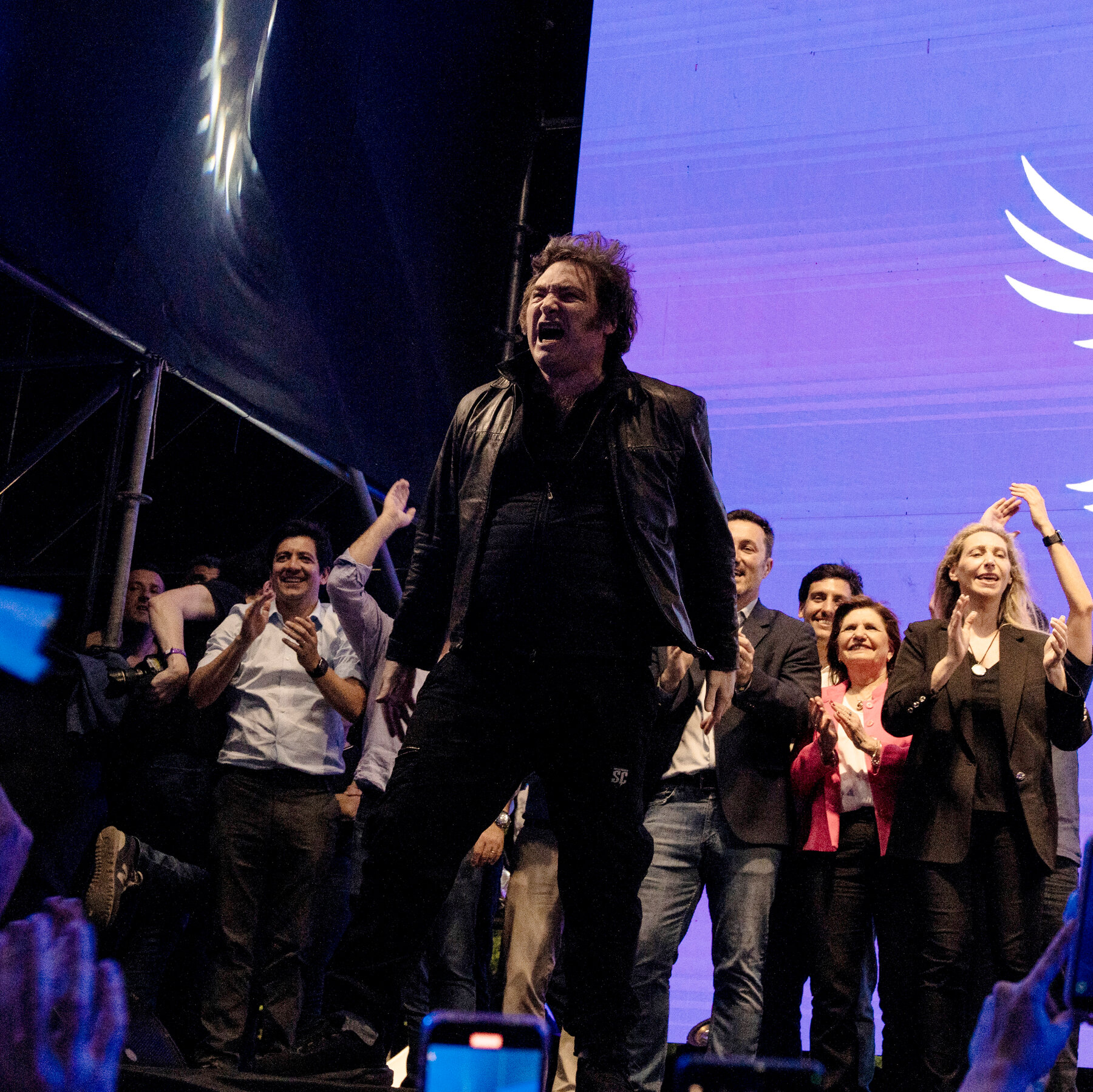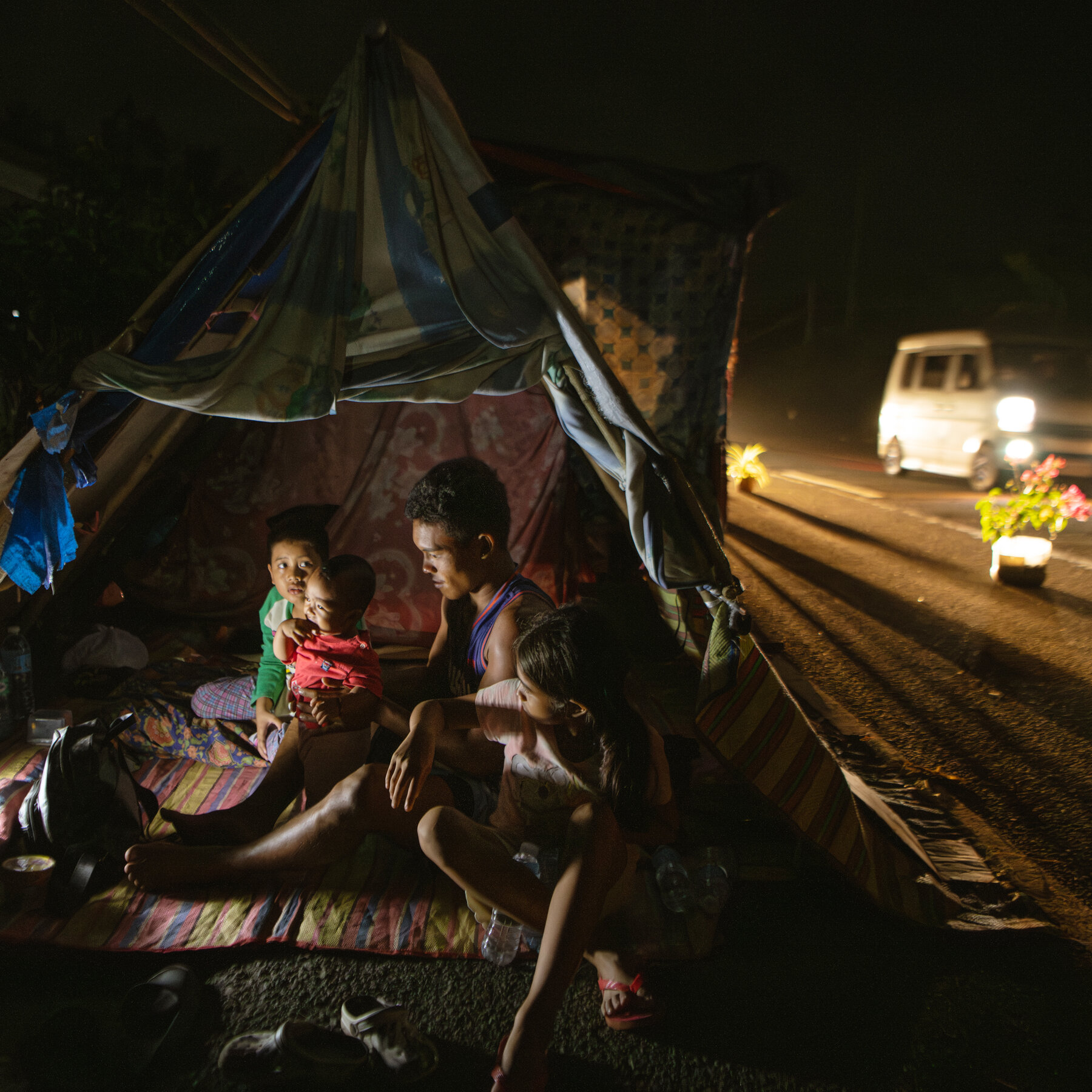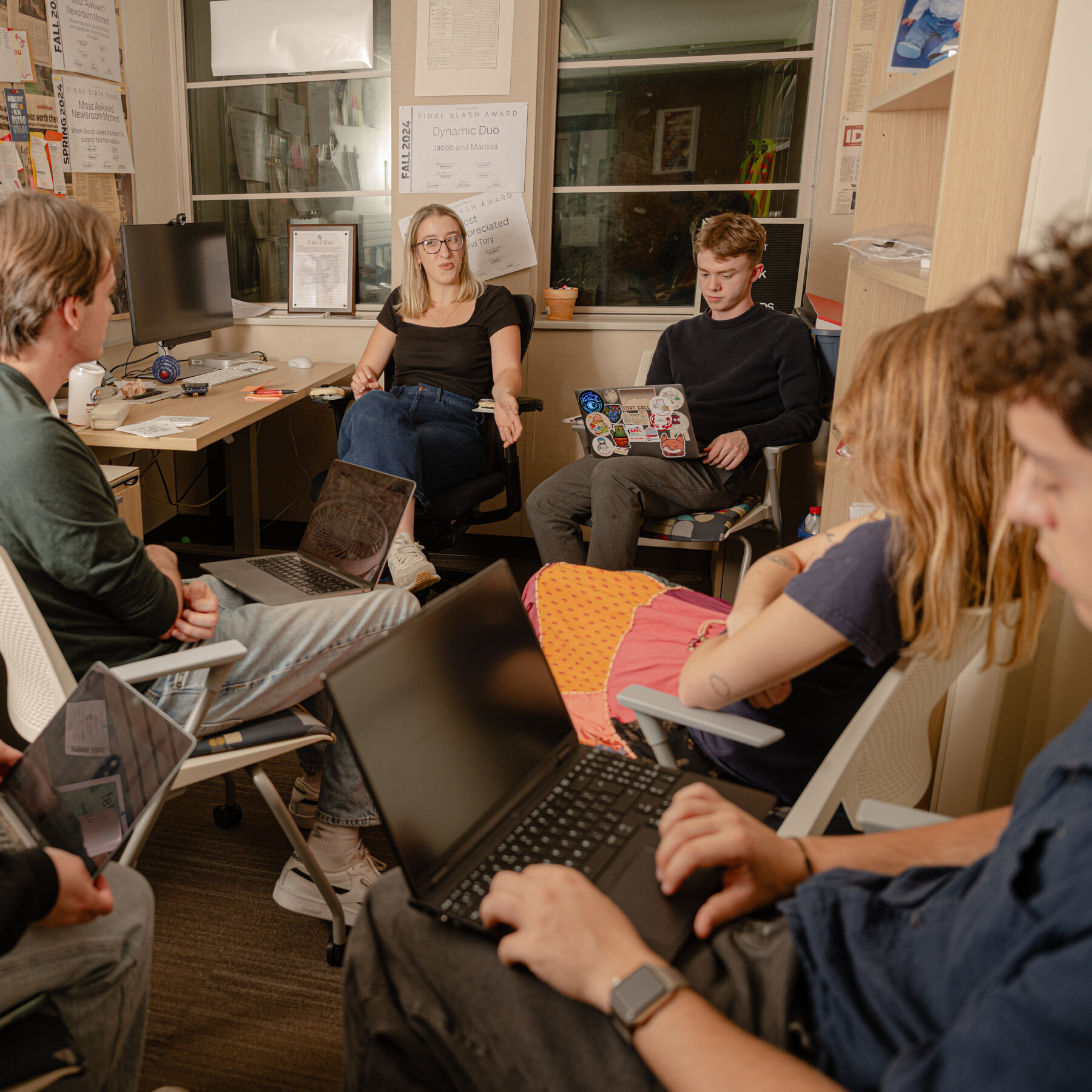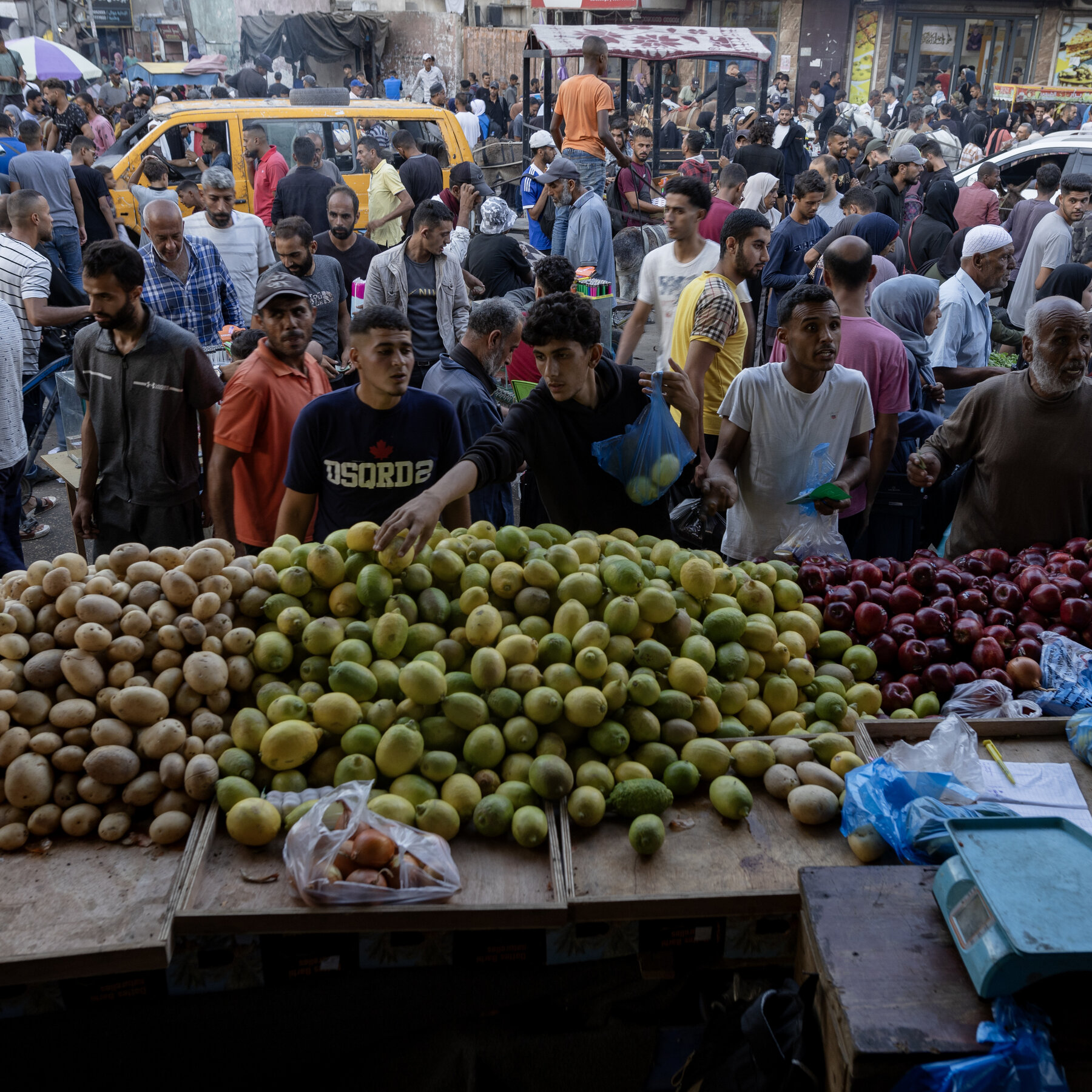A Socialist Priest Aligns with Venezuela’s Controversial Leader, Nicolás Maduro
From Missionary Roots to Political Influence
The Rev. Numa Molina, a Jesuit priest renowned for his lifelong advocacy for the marginalized, has transitioned from a humble parish advocate to a key power broker within Venezuela’s political arena. For decades, Molina’s sermons and community projects centered on the plight of the poor, earning him respect among grassroots activists and church members alike.
Crossing the Line into the Executive Sphere
In recent years, Molina’s role has expanded far beyond the walls of his church. He now serves as a close confidante to President Nicolás Maduro, whose administration has been widely criticized for authoritarian tendencies and economic mismanagement. Sources close to the Vatican describe Molina’s relationship with Maduro as “a pragmatic alliance aimed at protecting the most vulnerable Venezuelans, even if it means navigating a murky political landscape.”
The Controversy of a Cleric in Power
Critics argue that Molina’s proximity to an embattled leader compromises the moral authority of the Jesuit order. Human‑rights groups have highlighted the paradox of a priest championing social justice while appearing to endorse a regime accused of suppressing dissent. In response, Molina contends that his involvement is driven by a “mission to mitigate suffering from within, rather than from the sidelines.”
Impact on the Venezuelan Populace
Supporters claim that Molina’s influence has facilitated dialogue between opposition groups and the government, resulting in modest humanitarian concessions such as increased food aid distribution and the opening of temporary medical clinics. However, skeptics warn that these gestures are largely symbolic and do little to address the systemic crises plaguing the nation.
Looking Ahead
As Venezuela continues to grapple with economic collapse and political unrest, Rev. Numa Molina’s dual identity—as both a devoted priest and a political insider—remains a focal point of debate. Whether his involvement will ultimately serve the poor or further entrench Maduro’s grip on power is a question that will shape the country’s future trajectory.







